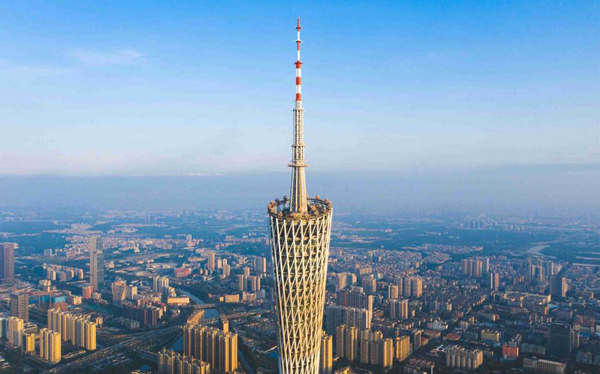Guangzhou to be developed as an international consumption center

With the approval of the State Council, Shanghai, Beijing, Guangzhou, Tianjin and Chongqing will take the lead in developing international consumption center cities, Commerce Minister Wang Wentao announced on July19.
The move will play a significant role in the establishment of a new development paradigm, Wang said at a meeting.
Efforts will be made to pool quality international market entities, goods and services as well as accelerating the cultivation of local brands, Wang said.
Guangzhou stood out as an international consumption center city in the competition involving over 20 Chinese cities. Mature business system, high-level opening-up and convenient transportation are the competitive advantages of the city.
Its huge consumer market and high-level opening-up fueled the city’s spending power. Ranked for many years among the first echelon of China’s cities in terms of consumer spending, Guangzhou saw its total retail sales of consumer goods hit 921.9 billion yuan ($142.4 billion) last year.
In the first quarter of this year, the total retail sales of consumer goods in Guangzhou reached 263 billion yuan, increasing by 31.7 percent from the previous year.
According to the city’s 14th Five-Year Plan (2021-25), Guangzhou aims to build itself into an international consumption center city and an international communication center, and strive to become a preferred destination for global corporate investment and the best place for attracting world talents.
To be specific, Guangzhou will lay equal emphasis on expanding goods and services consumption, and the development of new types of consumer practices to complement, traditional consumption patterns.
Moreover, the city will implement ten major action plans to promote the transformation and upgrading of retail consumption, to increase supply of high-quality goods and services. Guangzhou will also enhance its function as international business center gathering global brands, taking the lead in fashion trends, showcasing products “Made in China”, inheriting Lingnan culture and cradling consumption innovation.
